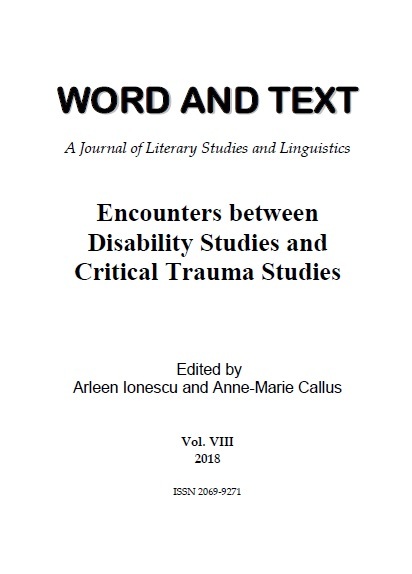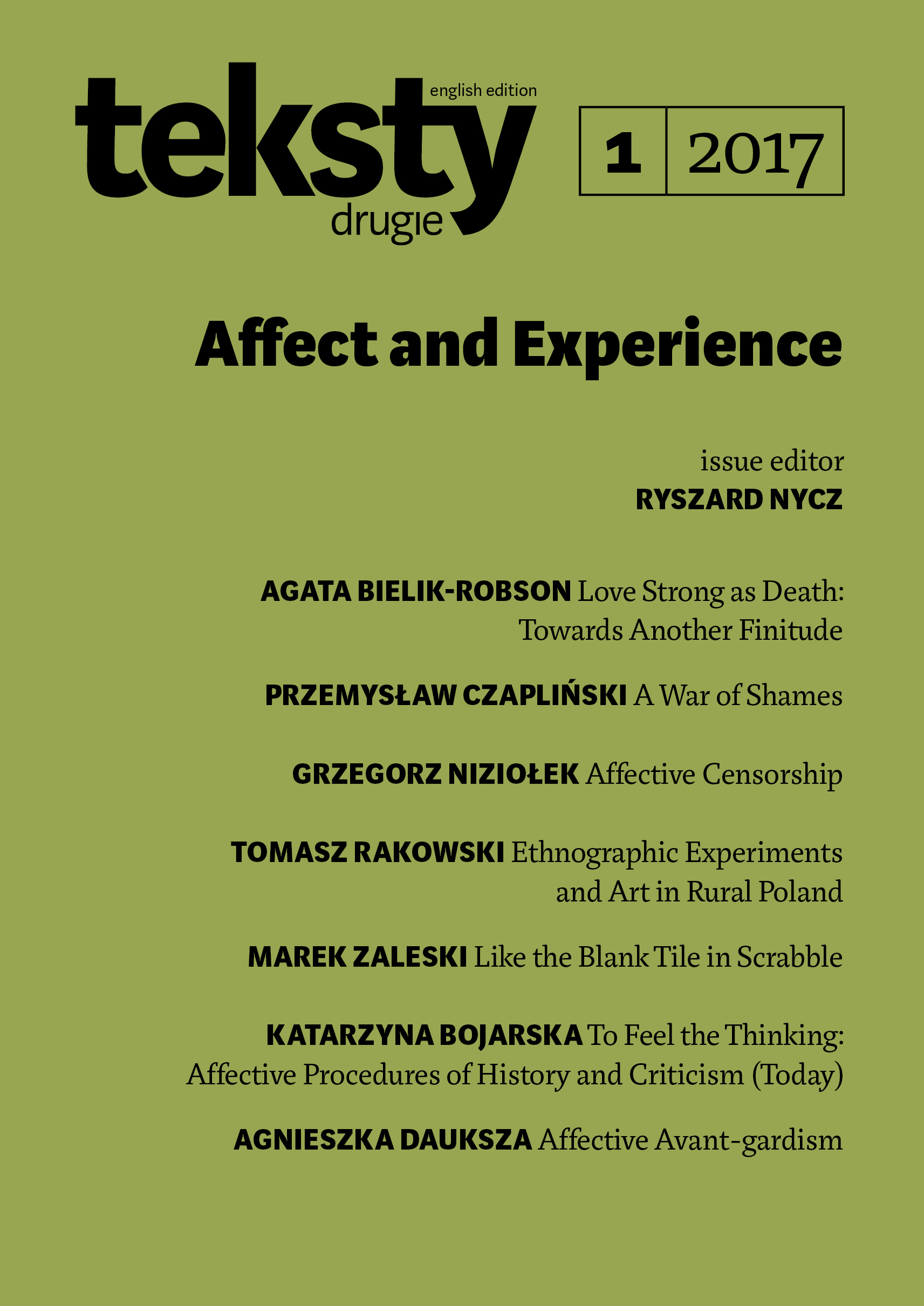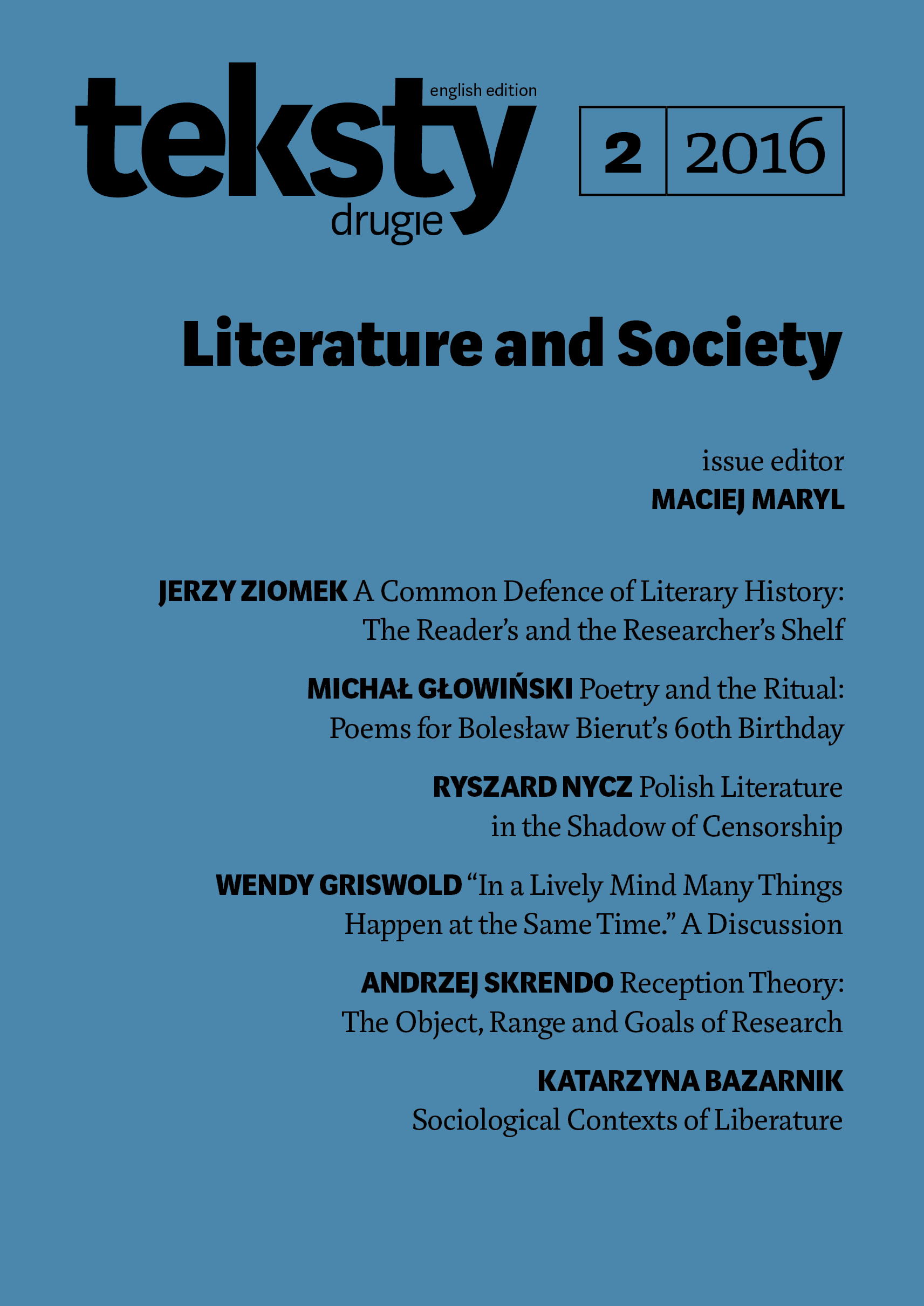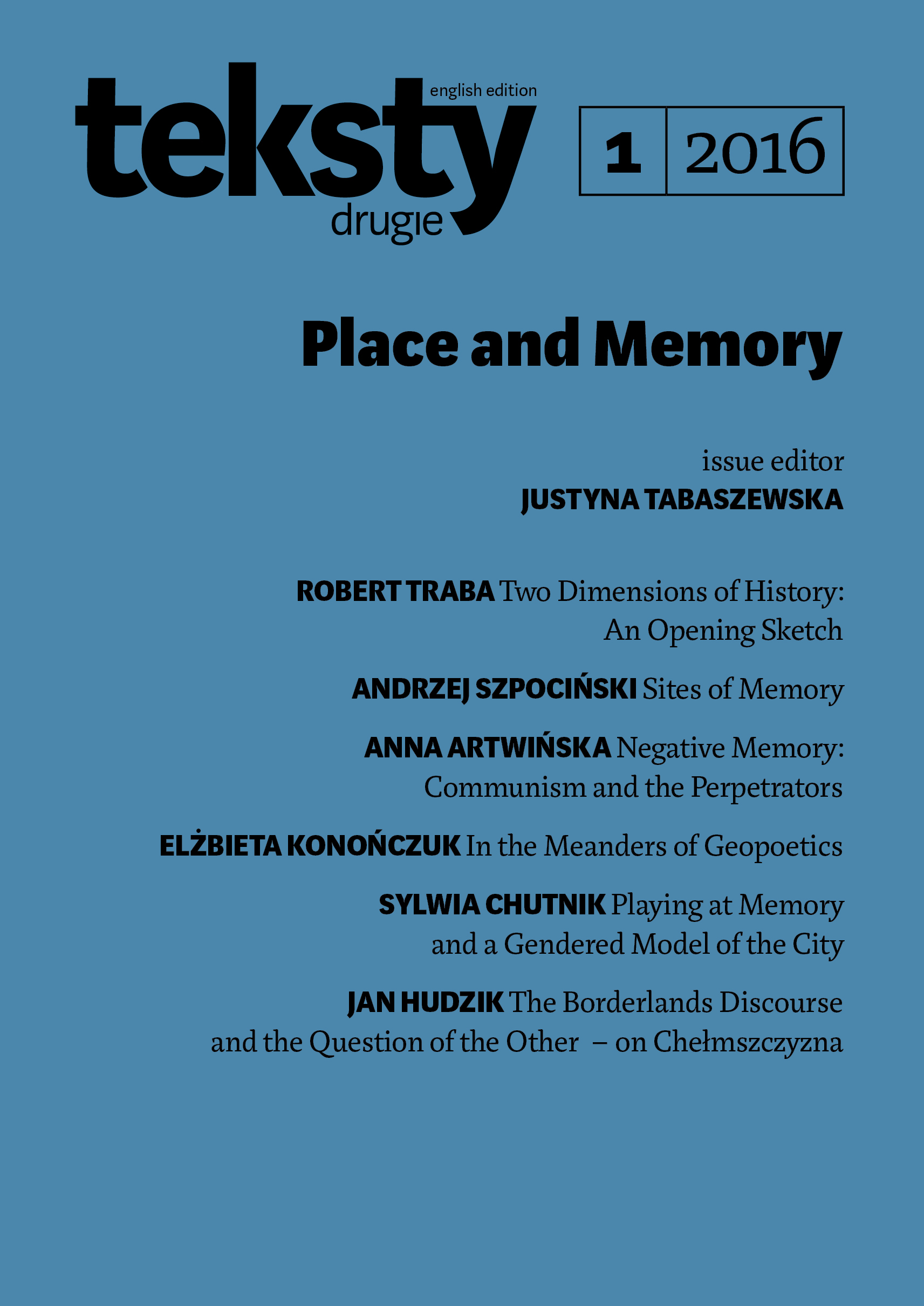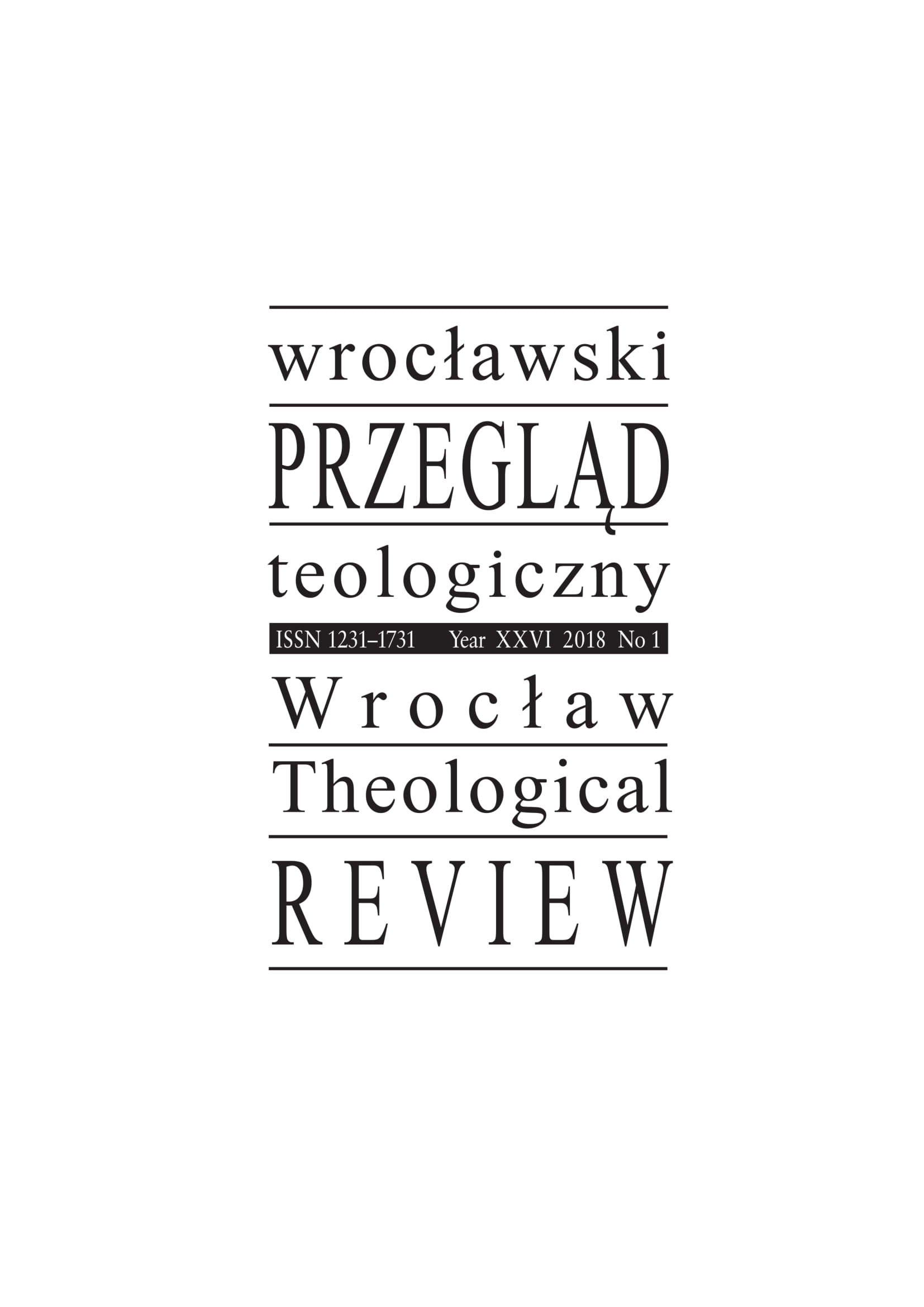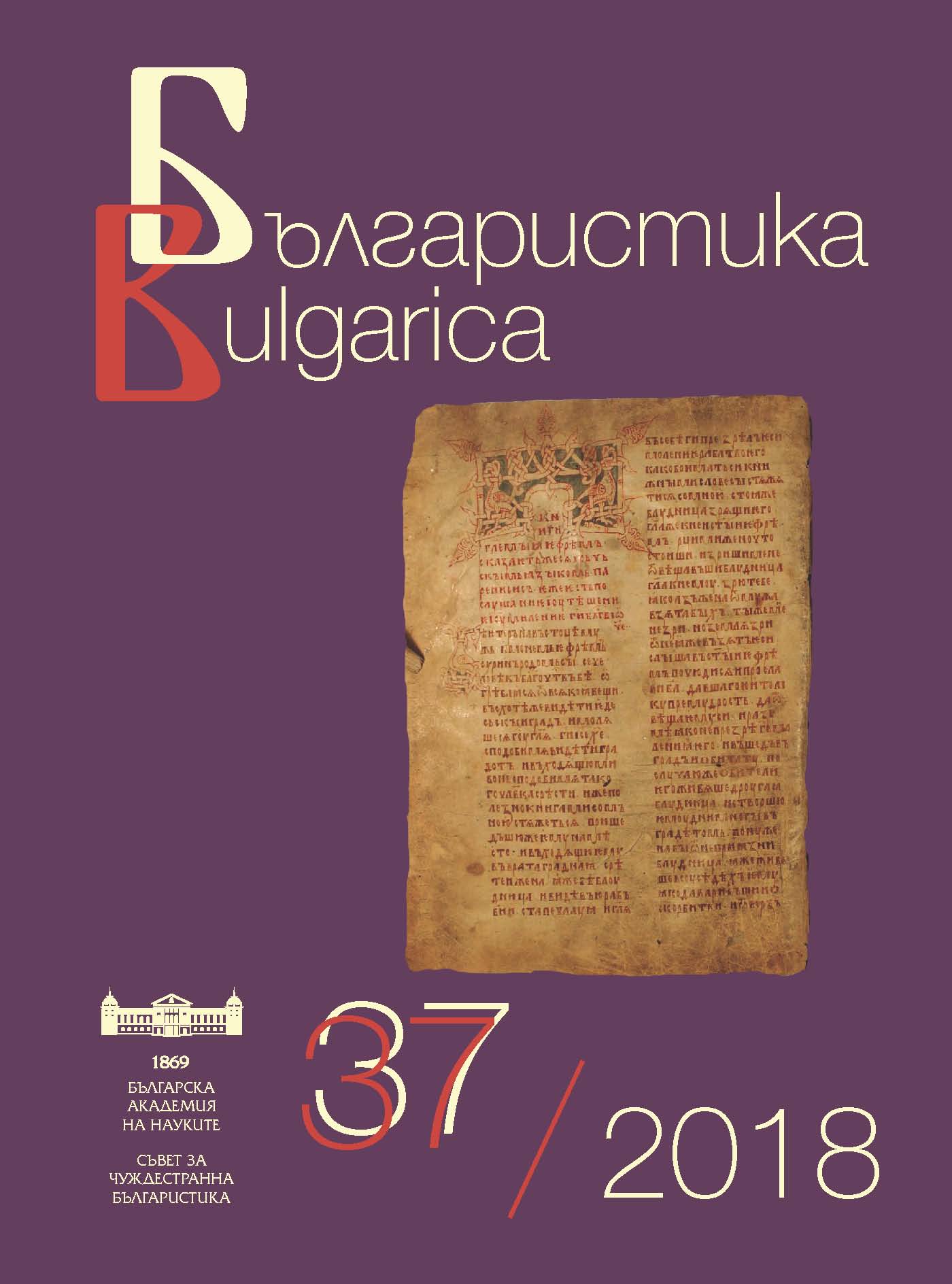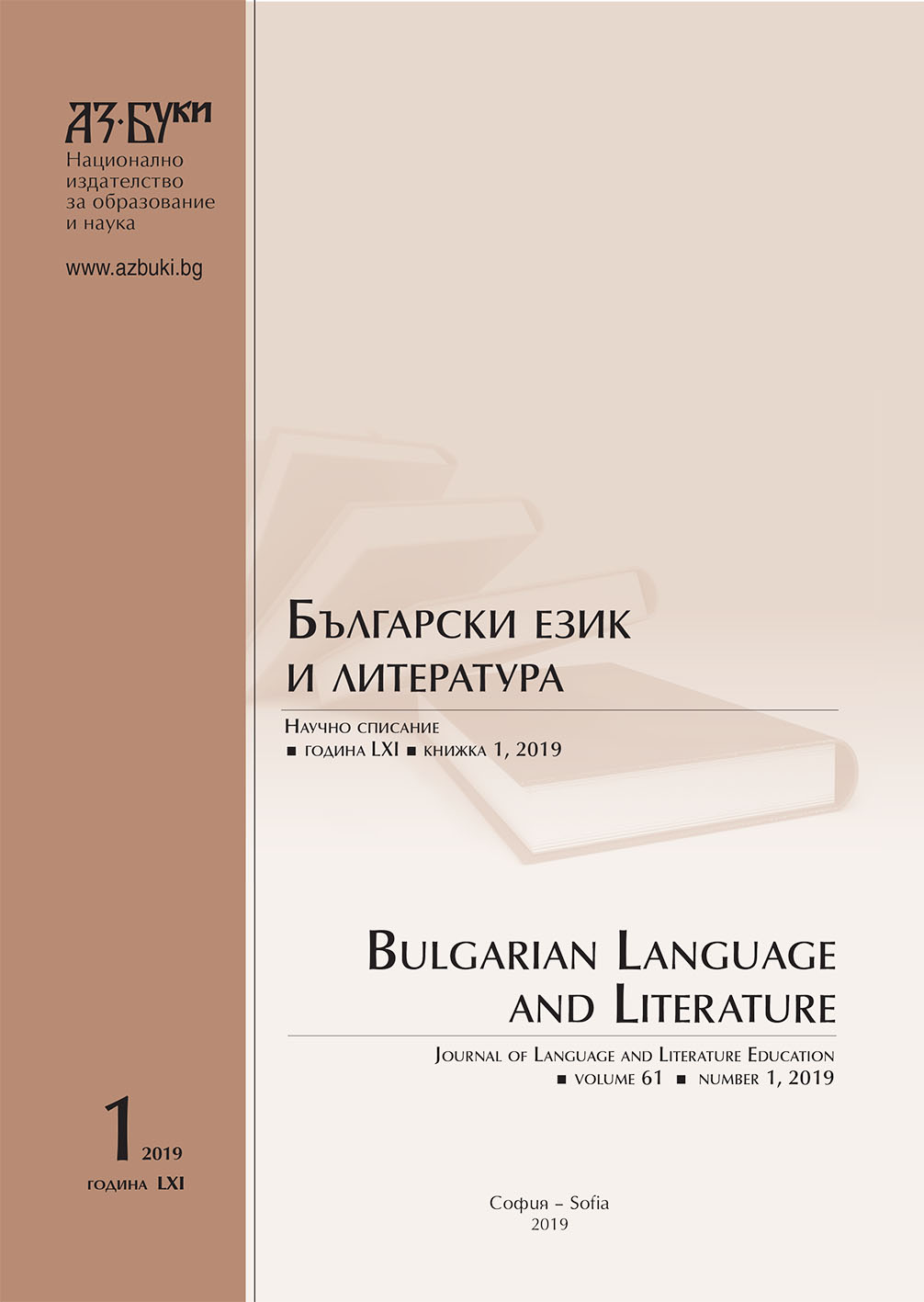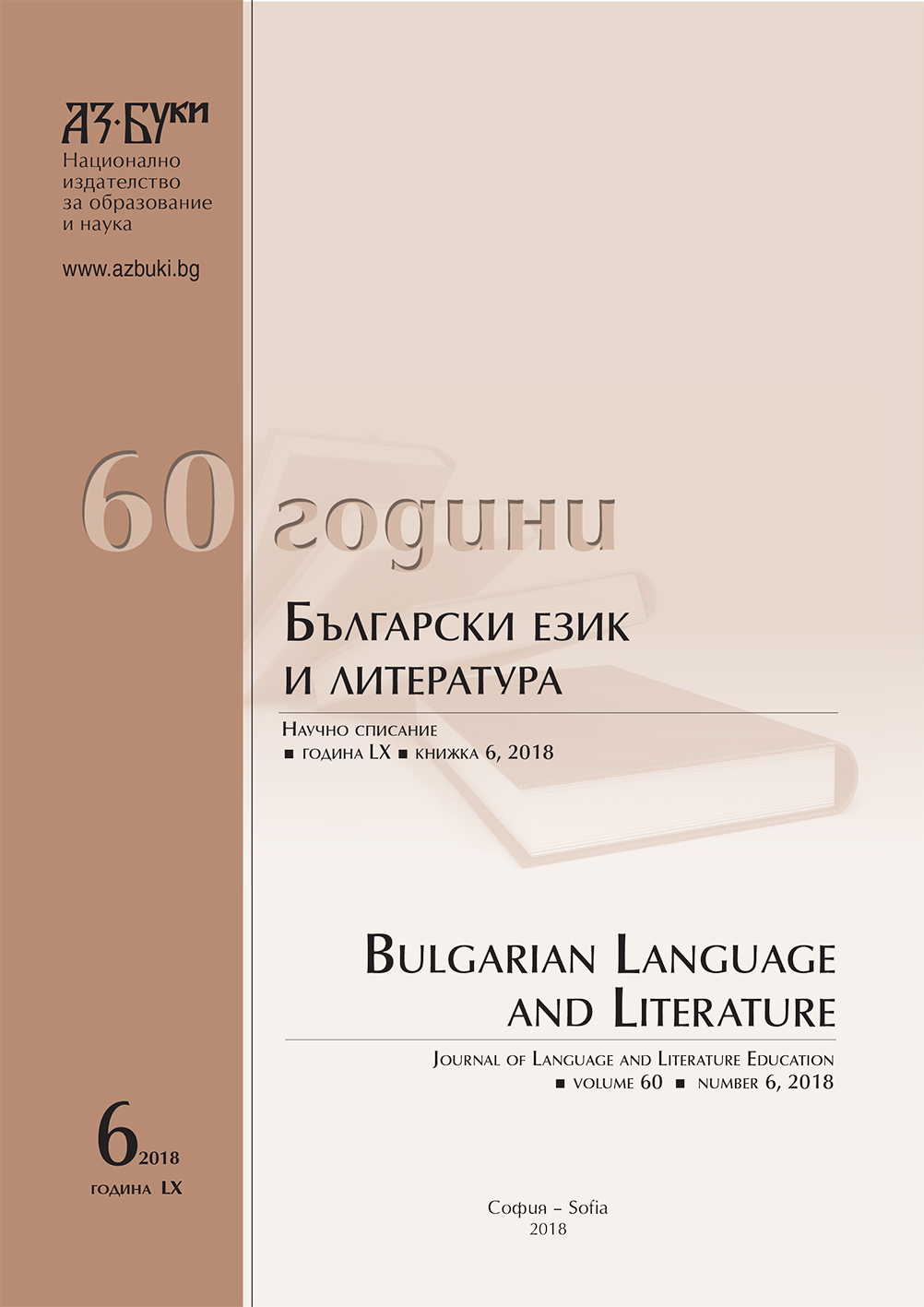
Кирил Христов. Конструкти на въобразеното чуждо: славянство, славянщина
For the Bulgarian poet Kiril Hristov, the coordinate system of foreign-ness encompasses three fundamental ethnocultural dimensions: Italian-ness, Slavic-ness and German-ness. The present essay aims to discuss the two basic stages of the utopian modelling of Slavic-ness in his oeuvre. In his works such “Slavic sun” and “Fate” (the period before the Balkan wars), the poet vocally contested the potential of the “imposed” and “ready-made”, prescribed political project of Slavophils. In the novel “White devils” and his journal “The times and the contemporaries” (the period after WW1), Kiril Hristov built a utopian retrospective of the ideal foreign-ness through the story of the former “Wends” – the Slavic tribes that were forcefully melted in the Germanic world. The novel’s self leaves that Germany he used to dream about after realizing that it was the engulfed and forever lost Slavic-ness that had drawn him irresistibly to it in the first place.
More...
